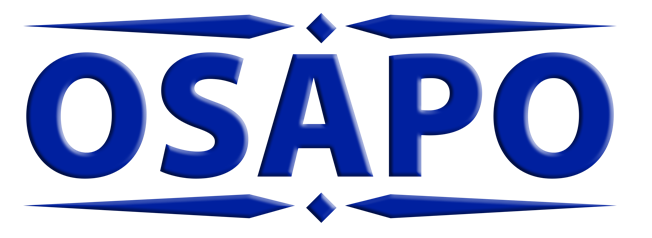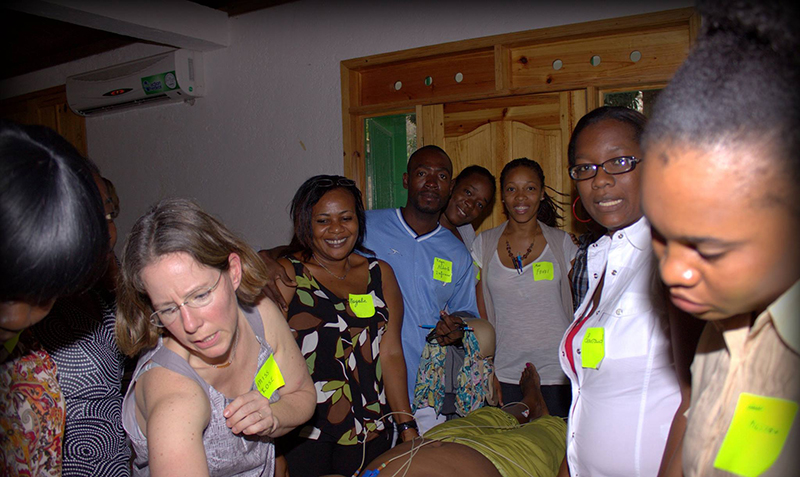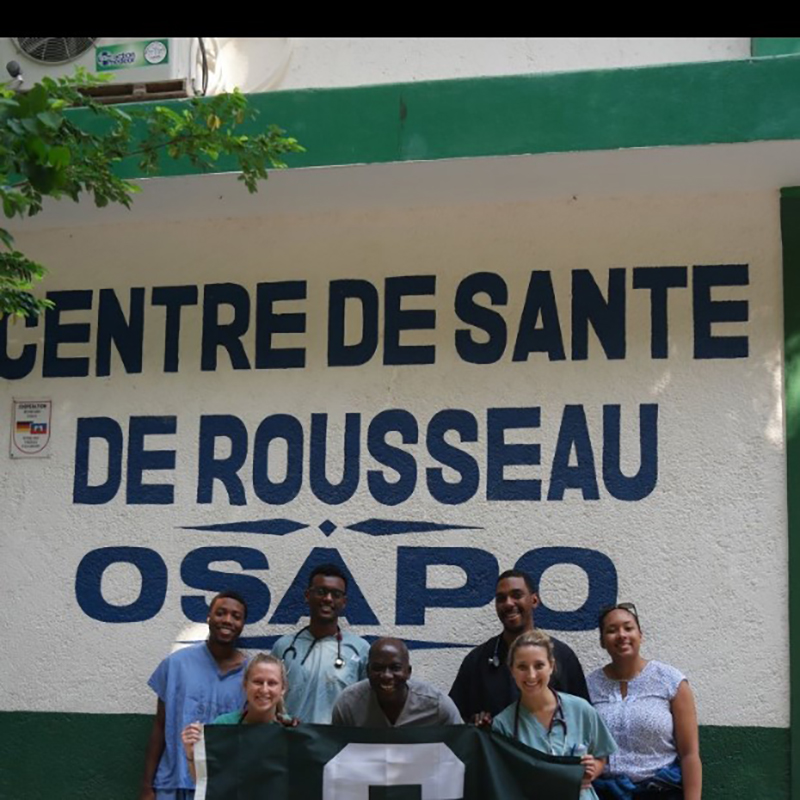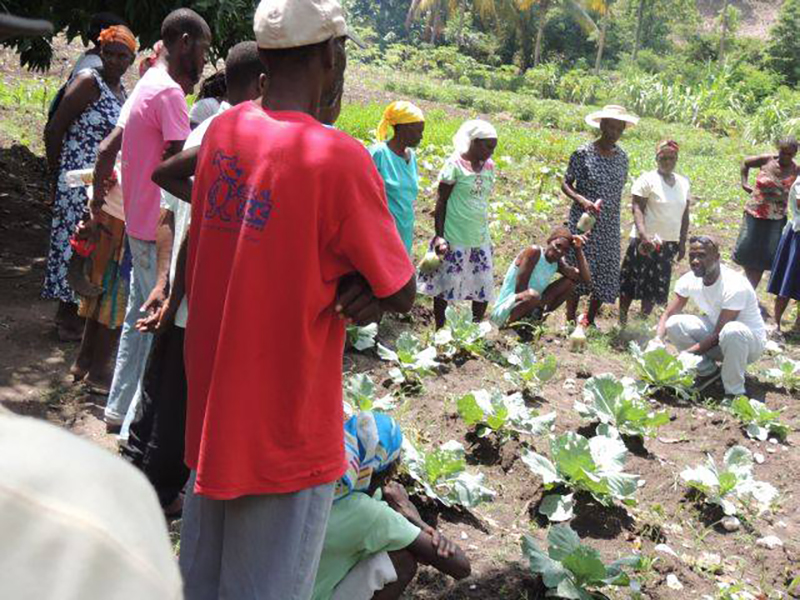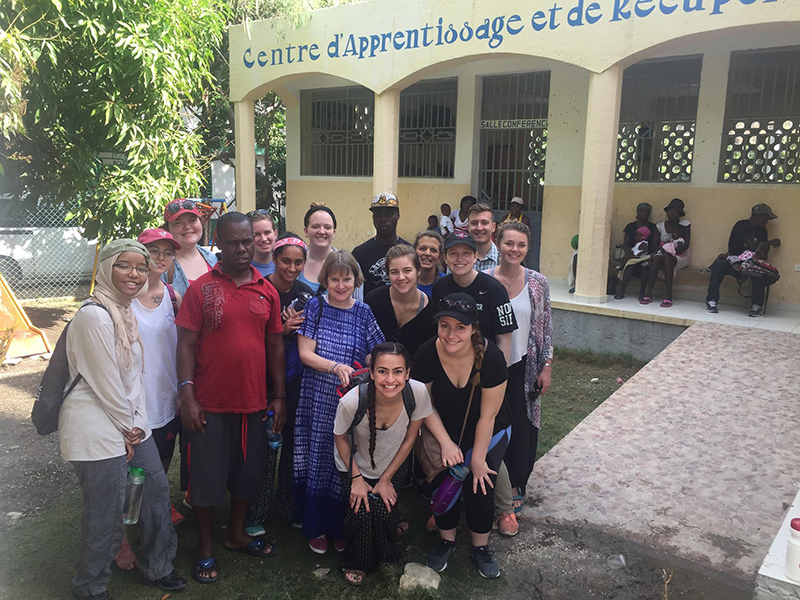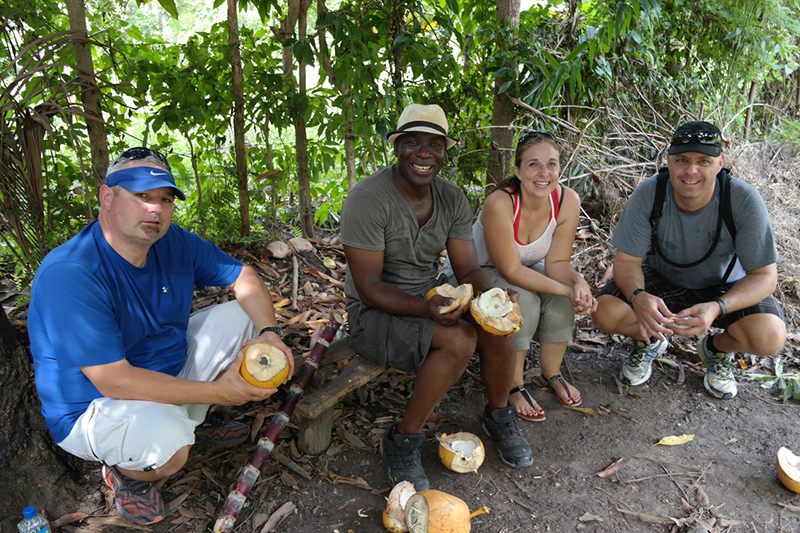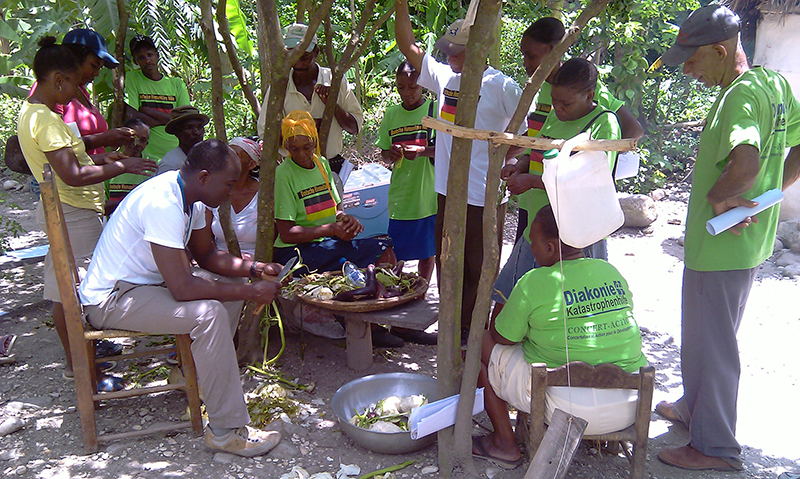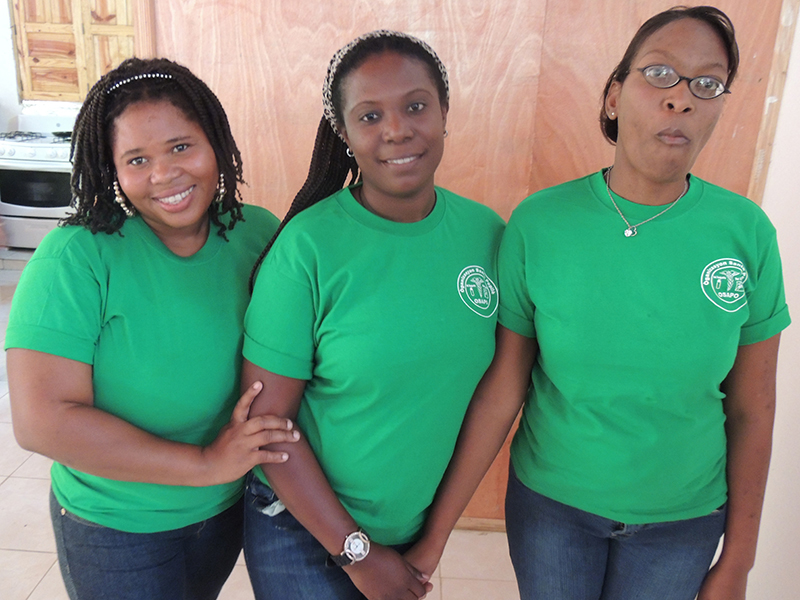Teaching Public Health
OSAPO believes that development is closely linked to education, which has become one of our main priorities. We cannot ensure a better future for our people without education. To succeed at preventive health, the population must be able to take responsibility for their own health, which requires a minimum of education. We have made the decision to invest heavily in education to ensure that the community is able to protect itself from all sorts of diseases.
For example; if a patient is seen in a clinic and diagnosed with diabetes (which is very common now in Haiti), the medication that is provided to the patient will only cover 25-30% of the treatment – the other 75% is based on the social economic status of the individual and his or her level of education. If this patient does not know when to eat, what to eat, or how to buy it, the medication is essentially useless. This scenario is an example as to why education is so important.
Education Center at OSAPO:
During the past four years, OSAPO has constructed a Nutrition and Nutritional Improvement Center (CARN) with a capacity for 100 people. The project’s objective is to help malnourished children and their mothers gain access to training on good cooking practices. More than 1,300 mothers and pregnant women have been trained in nutritional value and good cooking practices.
Operating Room Staff:
More than a dozen nurses have been trained to work in the operating room, thanks to the support of our Canadian friends, especially Judy Douglas and Denise Nelson RN’s. Now, OSAPO has qualified nurses who can work in operating rooms in Haiti.
CPR and EKG’s:
More than twenty Haitian doctors and nurses were trained in the practice of basic Ultrasound. Training was also provided on CPR and EKG.
Neighboring Communities Teaching:
From 2008 through 2018, OSAPO has trained more than 5,027 families in all of our neighboring communities on personal hygiene, safe sex education, nutrition, food security for small- and medium-sized business.
HIV and Safe Sex Teaching:
In 2012, 5 out of 10 pregnant women being seen at the clinic were young girls (16-17 years old), and the HIV prevalence rate was very high among boys and girls of this age group. OSAPO immediately launched a sex education program for 300 young people between the ages of 14 and 18 (150 boys/150 girls). Today, more than 3,250 young people have been trained and, thanks to this program, the number of young pregnant women has decreased by 50% to fewer than 10% today. The HIV rate has also decreased for both sexes in the community. This training session has helped young people to adopt more responsible sexual behavior for their health.
Sewing Skills:
With the aid of a group of Canadian nurses, another initiative for women’s financial empowerment and independence was launched at the end of 2016 with the objective of providing women in the community with sewing skills. The ultimate goal was to establish a sewing workshop that would sign contracts with schools to produce students’ uniforms. In 2018 ten sewing machines are currently being used to support this program. Donated machines are always welcome.
